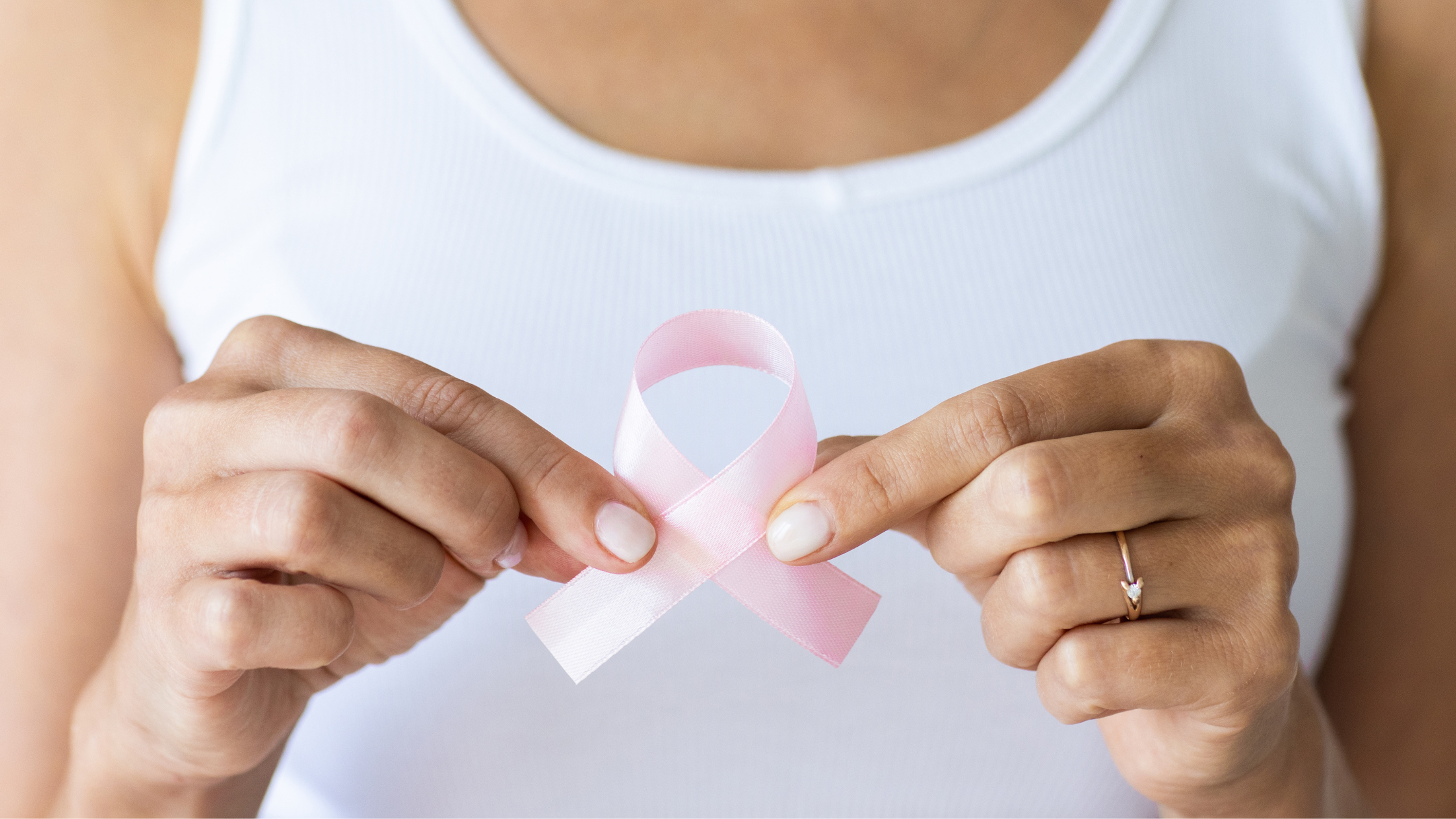October is Breast Cancer Awareness Month, an important time to focus on education, prevention and early detection. An estimated 1 in 8 women will be diagnosed with breast cancer in their lifetime. Staying informed about breast cancer can help women reduce their risk and detect issues early. Here are the top 5 things every woman should know about breast cancer.
The Importance of Self Exams
Breast self-exams should be a regular part of your monthly routine, ideally done at the same time each month. While mammograms and clinical exams are critical, self-exams empower women to familiarize themselves with their bodies and notice any changes in their breasts, such as lumps, thickening or changes in size or shape. It’s important to remember that not all breast changes are cancerous, but they should be checked by a healthcare professional.
Know Your Risk Factors
Breast cancer risk varies from woman to woman and while some factors, like aging or family history, are beyond your control, understanding them can help guide preventive measures. Women with close relatives (mother, sister or daughter) who have had breast cancer are at higher risk. Genetic mutations like BRCA1 and BRCA2 also significantly increase the likelihood of developing breast cancer. Other factors include early menstruation, late menopause, not having children or having your first child after age 30. By knowing your risk factors, you can work with your healthcare provider to create a personalized screening plan.
When to Start Screening
Women aged 40 and older should schedule an annual screening mammogram. Early detection through regular screenings can significantly reduce the risk of dying from breast cancer, offering more treatment options if diagnosed. The American Cancer Society reports that over half a million breast cancer deaths have been prevented in the U.S. since 1989, thanks to these screenings. If you’re unsure when to start or concerned about your risk, consult your healthcare provider to develop the best screening plan for you.
Lifestyle Choices Make a Difference
While not all cases of breast cancer are preventable, certain lifestyle changes can reduce your risk. A healthy diet rich in fruits, vegetables, lean proteins and whole grains can support overall wellness and may lower cancer risk. Regular physical activity, such as 30 minutes of moderate exercise daily, has been shown to reduce the risk of breast cancer. Maintaining a healthy weight, especially after menopause, is also important, as excess body fat can increase estrogen levels and contribute to cancer risk. Additionally, limiting alcohol intake and avoiding smoking are critical preventive measures. Even small lifestyle changes can significantly lower your risk over time.
Symptoms to Watch For
While most women are aware that a lump in the breast could signal cancer, there are other symptoms that are equally important to recognize. Changes in breast size, shape or skin texture (such as dimpling) can also be red flags. Some women may also experience redness or swelling of the breast, which could indicate inflammatory breast cancer, a rare but aggressive form of the disease. Early detection of these symptoms can lead to quicker diagnosis and treatment, so it’s important to act promptly if you notice any changes.
Breast Cancer Awareness Month is a valuable reminder of the importance of early detection and prevention. By maintaining a healthy lifestyle, understanding your risk factors, and following recommended screening guidelines, you can take proactive steps to reduce your risk of breast cancer. If it’s been over a year since your last mammogram, now is the time to schedule. Call 330-965-5100 to schedule your mammogram today at The Southwoods Center for Breast Health.



